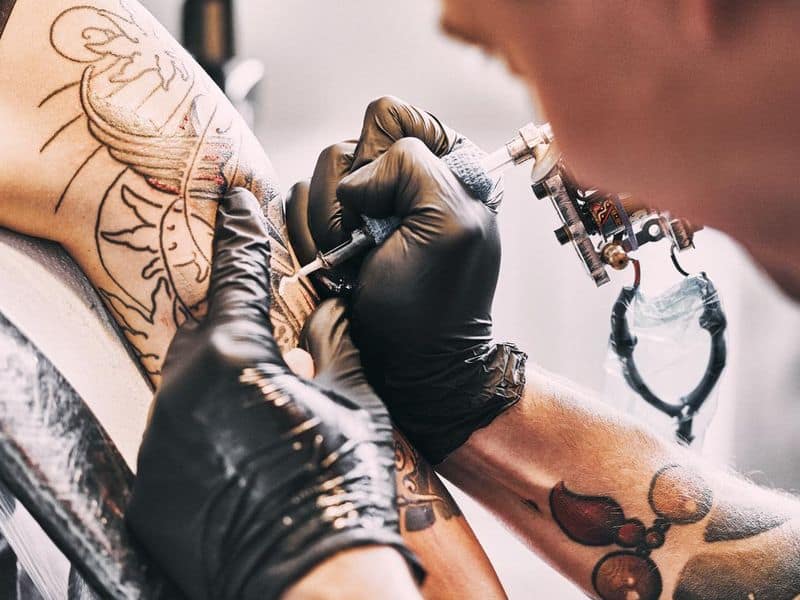As technology brings unprecedented changes to various facets of our lives, the art of tattooing isn’t an exception. The latest progress in this realm comes in the form of a wireless tattoo gun – a tool rising in popularity due to its convenience and modern design.
In this article, we delve into the advantages and disadvantages of a wireless tattoo gun, paving the way for a thorough understanding of how it represents a paradigm shift in the tattoo industry.
Advantages of Wireless Tattoo Gun
1. Increased Mobility
The primary benefit of a wireless tattoo gun underlines the unrestricted movement it facilitates. With no cords attaching to the device, artists enjoy significant ease in maneuvering, empowering them to create intricate designs comfortably, thus enhancing their creativity.
2. Comfort and Control
The wireless tattoo guns, known for their lighter weight as compared to the conventional, corded ones, enhances the comfort levels of artists, particularly during extended tattooing sessions. It decreases the risk of strain, thereby increasing productivity.
3. Safety Measures
The elimination of trailing wires improves safety within the workspace. This adjustment safeguards both artists and clients from anything from accidental needle pricks to machine drops, ensuring a secure tattooing environment.
4. Simplified Workspace
The provision of a clutter-free workspace constitutes as an unsung benefit of wireless tattoo machines. Removing cords results in an organized studio which leads to heightened focus and fewer distractions.
5. Easy Adjustment
Wireless tattoo guns often come equipped with digital interfaces. These allow for quick and effortless adjustments in parameters like voltage, needle depth, and speed, thus promoting accuracy in tattoo artistry.
Disadvantages of Wireless Tattoo Gun
1. Battery Life
Despite the many advantages, wireless tattoo guns have certain limitations. Among the main disadvantages is the restricted battery life. Unlike corded versions that assure continued power supply, these wireless devices depend on batteries and need regular recharging, potentially disrupting workflow.
2. High Price Point
Given their technology, wireless tattoo guns come with a higher price tag compared to traditional equipment. This additional cost could deter beginners or those working on a tight budget.
3. Technological Dependence
Digital interfaces, while advantageous, can put artists at the mercy of technology. Any technical malfunction could bring the entire process to a standstill, thus increasing reliance on technology with these wireless units.
4. Compatibility Issues
Wireless tattoo guns might not be compatible with all types and brands of tattoo needles or cartridges. This limitation could inhibit artists from using their preferred needles, potentially sobotaging their unique style or quality of output.
5. Longevity Concerns
As wireless tattoo guns are reasonably new to the market, their durability and long-term performance are yet to be firmly established. Artists might face potential costs related to regular maintenance and possible replacements.
Summary
In conclusion, while a wireless tattoo gun promises enhanced flexibility and optimization of operations, it does come with downsides. An artist must weigh the convenience and efficiency against possible limitations before transitioning from traditional corded machines. The decision ultimately lies in personal preference, budget, and comfort. This development adds another layer to the evolving dynamics within the tattoo industry.
For a high-quality wireless tattoo machine, check out TATVIDA Wireless Tattoo Gun kit, which provides a superior tattooing experience with a reliable and exceptional process.
